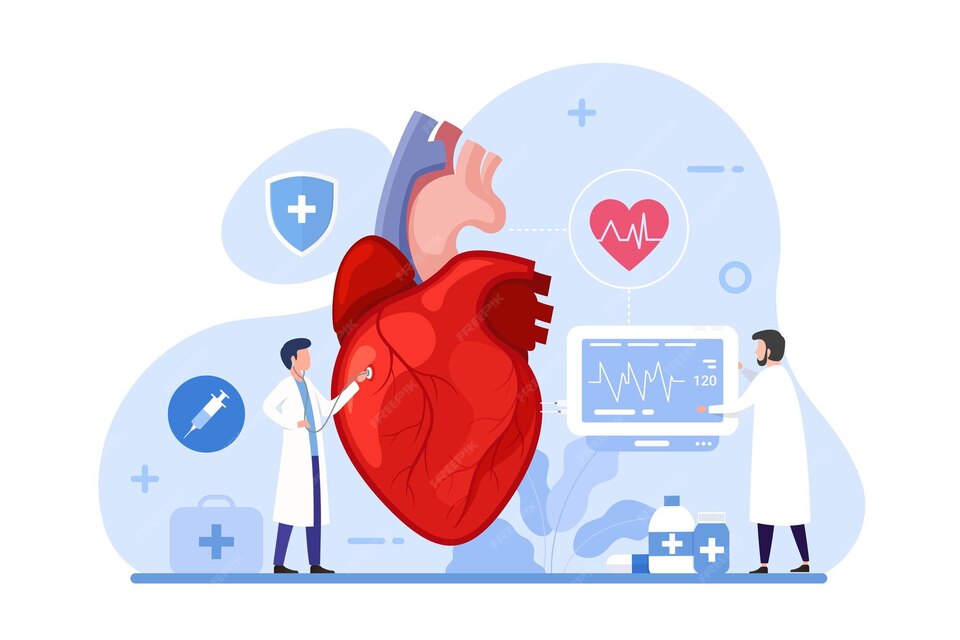Cardiac Rehabilitation
Cardiac rehabilitation is a multidisciplinary program designed to support patients recovering from heart-related conditions such as myocardial infarction (heart attack), coronary artery bypass graft (CABG), angioplasty, valve surgeries, or chronic heart disease. In a physiotherapy clinic, the focus is on safe recovery, structured movement, and prevention of future complications.
Why Cardiac Rehab Matters
Many patients after heart surgery or heart disease face:
- Fatigue and reduced stamina
- Breathlessness on minimal activity
- Fear of resuming exercise or routine tasks
- Weak muscles and poor posture due to inactivity
Physiotherapy-based cardiac rehab helps bridge this gap by gradually restoring strength, improving confidence, and teaching lifestyle strategies.
Phase 3 which is Advanced Training (Clinic + Home Program) is a progressive aerobic training to improve endurance Functional strengthening for daily activities Guidance on safe return to work, hobbies, and moderate recreation (like walking groups or yoga)
Phase 4 which is Long-Term Maintenance Independent exercise under periodic physiotherapist follow-ups Lifestyle counseling for, stress reduction, and cardiac risk management
Techniques Used by Physiotherapists in Cardiac Rehab
- Aerobic training (walking, cycling, treadmill, step training)
- Strengthening with light weights or resistance bands
- Flexibility & posture correction to reduce strain on the chest and back
- Breathing exercises to improve oxygen intake and reduce anxiety
- Balance and coordination training for elderly cardiac patients
Benefits for Patients
Improved stamina and reduced fatigue
- Better lung capacity and circulation
- Lower risk of re-hospitalization
- Safe return to daily and social activities
- Boosted emotional well-being and reduced anxiety about exercise
- Empowerment to self-manage heart health in the long run

